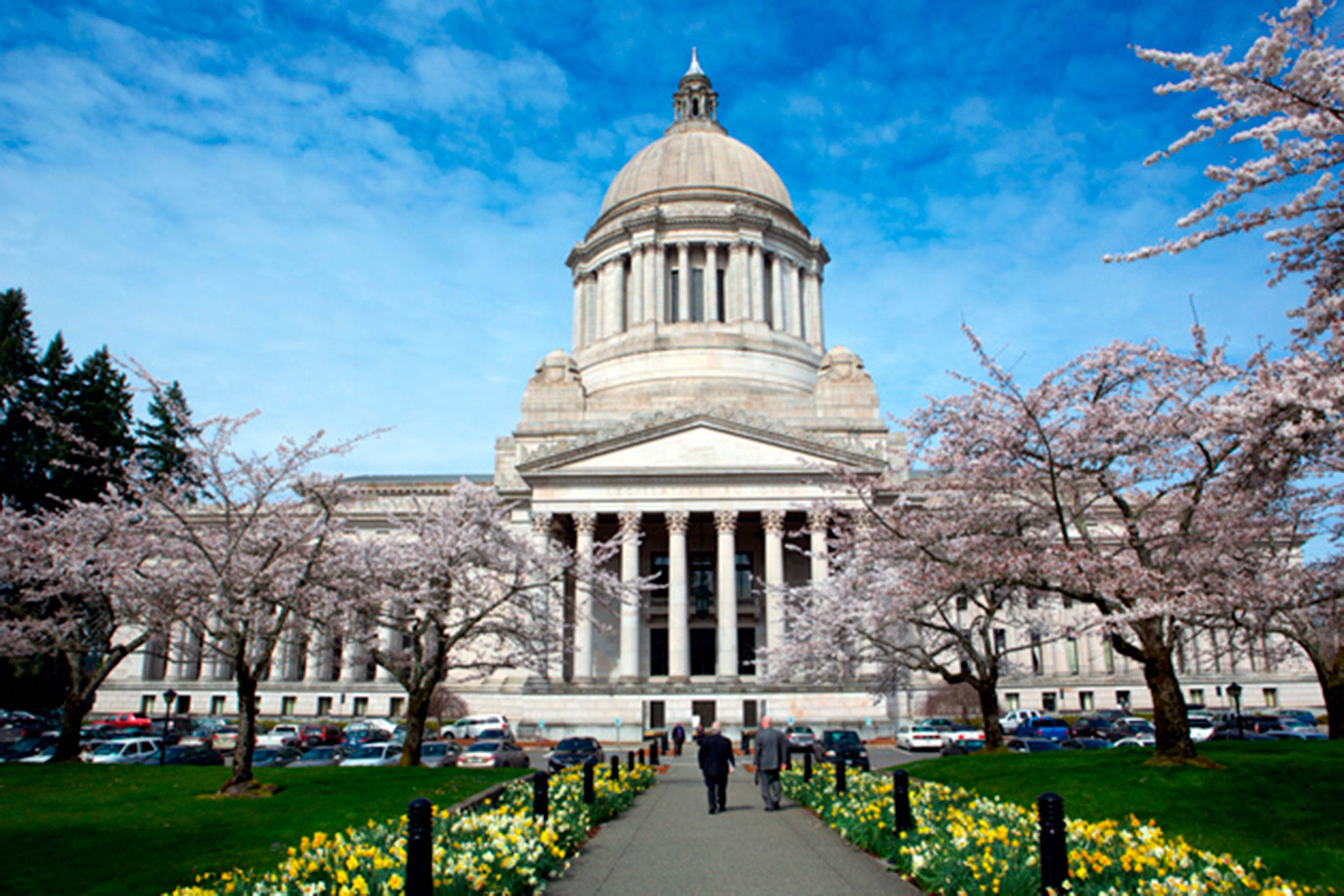Bainbridge Island property owners will pay hundreds of dollars more each year in new taxes with this week’s passage of Washington state’s two-year, $43.7 billion budget.
Property taxes across Washington will rise next year with the adoption of the new budget, which state lawmakers hailed as a compromise spending plan that will push $7.3 billion more money toward Washington schools and level out funding for school districts across the state.
Property owners on Bainbridge Island will face an estimated $490 in increased taxes next year.
That puts Bainbridge fifth on the list of school districts that will see the highest increases to property taxes next year; just behind the fourth-place Lake Washington School District on Seattle’s Eastside ($520 increase in 2018), and above sixth-place Seattle ($460).
The estimated increases are based on the median value of a single family home; for Bainbridge Island, that is $567,400 in 2018.
Under the adopted state budget, the new property tax increases on Bainbridge will continue to rise in the following three years, to $660 in 2019, to $700 in 2020, and $730 in 2021.
Property owners in other districts across the state will see property tax decreases in 2019, 2020 and 2021.
State lawmakers said the budget, which has been signed Friday by Gov. Jay Inslee, should satisfy the demands made by the state Supreme Court for more funding of public schools in the court’s McCleary case.
Sen. Christine Rolfes, D-Bainbridge Island, said Democrats didn’t want to put so much of the tax increases on the shoulders of property owners — the new budget includes tax breaks for businesses, but not new taxes on income or capital gains as Democrats wanted — but they had no choice.
“This budget makes the biggest investment in education in a generation and reflects the core values that Democrats have advocated for throughout this process,” Rolfes said in a statement late Friday.
“It ensures more equity between low- and high-income districts and students and provides additional funds for students with individual needs,” said Rolfes, who was one of the education funding negotiators and also served as a negotiator on the state operating budget.
“Of course, no budget is perfect, and the reliance primarily on property taxes for funding was not what Democrats wanted but unfortunately was all the Republicans would consider,” she said. “In the end, kids and educators will see $7.3 billion more dollars going into their schools over the next four years, and that is an enormous win for the students of our state.”
School districts facing the highest property tax increases:
Mercer Island: $970
Bellevue: $600
Issaquah: $560
Lake Washington: $520
Bainbridge Island: $490
Seattle: $460
Shaw: $450
Snoqualmie: $420
Vashon Island: $400



